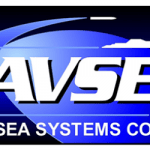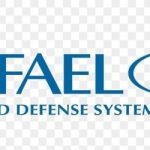UofArizona Professor Zhang Receives $1 Million from NSF to Create Prototype of Quantum Sensor System for Vehicle Navigation, Space Navigation & Health Care

(UArizona.edu) Zheshen Zhang, assistant professor of materials science and engineering and optical sciences, have each received $1 million in funding from the National Science Foundation’s Convergence Accelerator program. Zhang is creating a prototype of a quantum sensor system that could improve areas including vehicle navigation, space communications and health care imaging.
C-Accel is a new program that brings research teams together to address national-scale societal challenges, funding multidisciplinary teams with a quicker turnaround than traditional funding cycles.
Zhang will create a prototype of a network of sensors connected via quantum entanglement, which could improve sensor-based systems ranging from vehicle navigation to communications and medical imaging.
Because sensing systems are ubiquitous, applications for this technology are broad. For instance, it could lead to the creation of an internally based navigation system for self-driving cars, thereby eliminating the risk of spoofing, which is when false GPS signals are used to guide a car to a location selected by hackers. It could also allow for faster and more precise medical imaging by entangling light sources in a method called atomic force microscopy.
Quantum entanglement involves linking two particles, often atoms, in such a way that whatever happens to one particle influences the other. Zhang’s method involves entangling photons, or light particles, which offers a stronger and more stable form of entanglement than can be achieved with atoms. It’s a bit like rewriting the information from a more obscure language, like Latin, into a widely used language, like English.



















